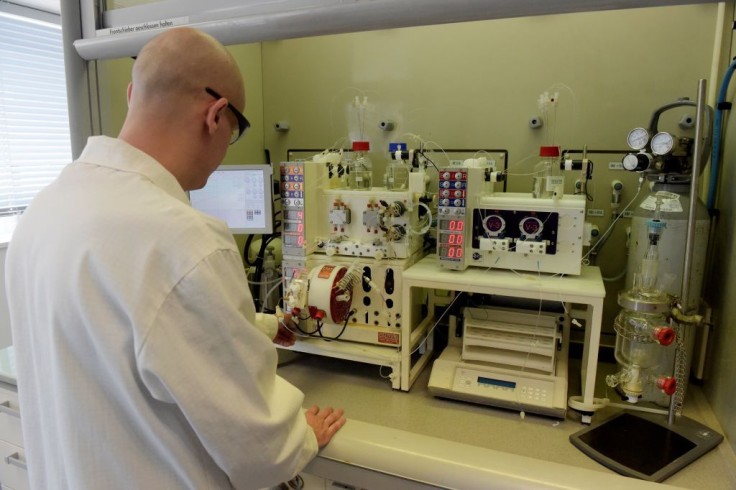
According to a report by HealthDay, there is great news for young people with Tourette syndrome as an experimental drug has shown incredible promise in reducing tics in kids and teens who are suffering from the disorder.
According to researchers, Ecopipam, a drug that failed as a weight loss medication, may reduce tics by 30 percent in children and teens with Tourette's. What makes Ecopipam a promising drug is that it does not have the unpleasant side effects of current treatments.
Lead researcher Dr. Donald Gilbert, pediatric movement disorders and Tourette syndrome specialist at Cincinnati Children's Hospital, was ecstatic with the results, saying, "This drug significantly reduced tics, compared to placebo, and did not have side effects associated with other approved medications that cause weight gain and neuropsychiatric side effects like mood changes and unwanted movements."
Tourette syndrome linked to problems with dopamine
According to the CDC, Tourette syndrome is a neurological disorder that causes verbal and motor tics. Tics are sudden movements, sounds, or twitches, that people do repeatedly. People who have tics cannot stop their bodies from doing these things.
Among the repetitive movements and vocalizations that people with Tourette's do are shrugging, blinking, yelling out a word or phrase, or clearing the throat. The urge to produce these sounds or movements is difficult to control for people dealing with Tourette syndrome.
Other studies have suggested that Tourette syndrome is linked to problems with dopamine, which is a neurotransmitter in the brain. D1 dopamine receptors have been identified as the key to addressing the disorder.
The problem with this type of treatment, according to Gilbert, is that there are currently no drugs on the market for anything that binds to and blocks that D1 dopamine receptor. Gilbert said that if Ecopipam is approved, it will treat tics and other brain problems with a completely different approach.
Current drug treatments used for Tourette syndrome include Xenazine, Haldol, and Risperdal. These drugs are also used to treat mental disorders, including schizophrenia. However, they have side effects as these drugs can cause depression and significant weight gain.
Children and teens with Tourette's will benefit from the new drug
Gilbert said that Ecopipam would probably never go head-to-head with these other drugs on the market. Gilbert added that he would prefer to use Ecopipam if he had a choice. That says a lot with Gilbert having over 20 years of clinical experience with the drugs currently used to treat Tourette's.
Gilbert noted that parents are often reluctant to have their children take the current Tourette drugs because of their side effects. Yahoo! reported that in the study funded by Emalex Biosciences, LLC, the maker of Ecopipam, Gilbert's team randomly selected 149 youths with Tourette's in the 6 to 17 age bracket. The individuals received either Ecopipam or a placebo for three months.
After three months, the researchers discovered that those taking Ecopipam had fewer and less severe tics than the individuals in the placebo group.